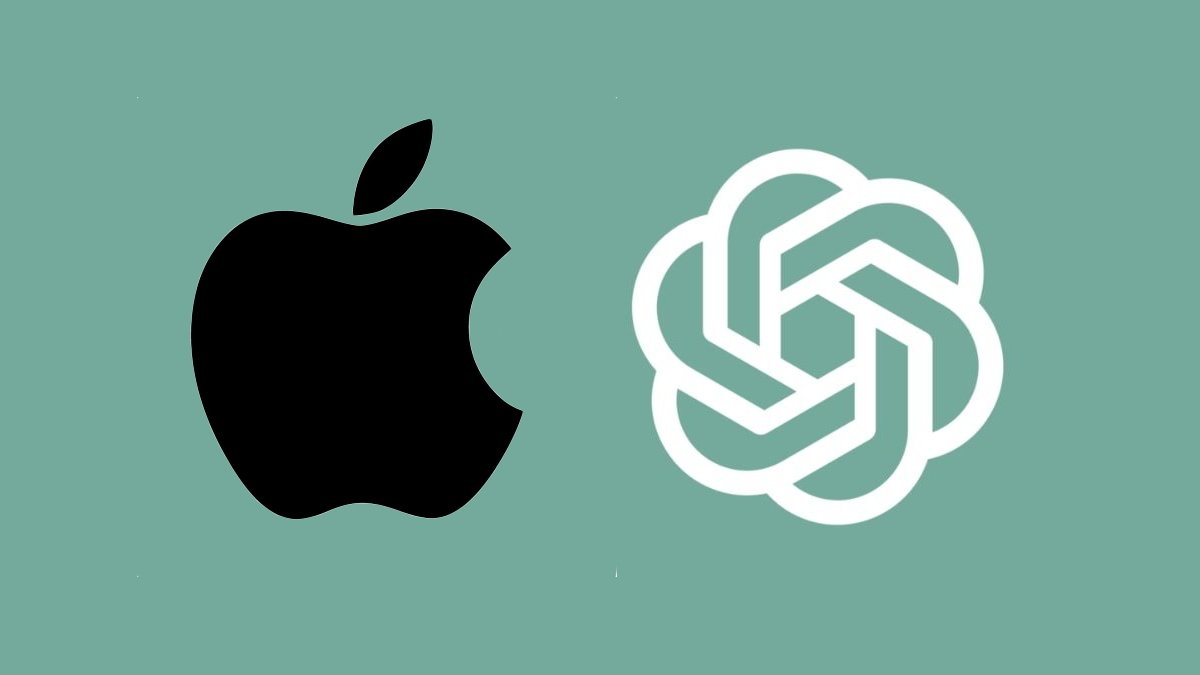Apple has been working on its own ChatGPT AI tool for some time
After years of weaving Machine Learning into all its software and devices, and silence on the matter at WWDC, Apple appears to be readying its own ChatGPT large language model.

It can't be said that Apple is lagging behind with AI, not when it has John Giannandrea as an actual Head of Artificial Intelligence, and he says AI and Machine Learning are deeply embedded in everything the company is doing. And when Tim Cook was an early, if not the earliest, tech CEO to enthuse about AI tools for everyone -- back in 2016.
Yet it is said to be lagging behind, and it's because there is no Apple version of ChatGPT, the AI tool whose use has skyrocketed in 2023.
Now, as well as Apple recruiting more engineers to work on generative AI, Bloomberg says it has already made an "Apple GPT".
Despite years of weaving Machine Learning into all its software and devices, Apple is arguably behind the curve with AI tools like ChatGPT -- or it was. and the framework to create large language models (LLM), the resource at the heart of ChatGPT, Google's Bard, and all similar tools. In Apple's case, the internal use only framework is called Ajax.
Bloomberg claims that Apple is privately concerned about missing out on AI, and it has made Ajax in order to unify machine learning development within the company.
The "Apple GPT" chatbot is solely for internal use at Apple, and it also requires special approval for access. It's already been briefly halted at one point by security concerns, and there is a mandate that it cannot be used to create features that will be used by customers.
Reportedly, though, Apple staff are using it for real work. It's been used for prototyping products, and it's also summarizing text for staff. According to unspecified sources within Apple, the tool currently does nothing that ChatGPT, Bard, or other AI systems do.
It's also not currently intended to be launched publicly. Instead, Apple is engaged in trying to find a consumer angle for such tools.
The sources stress that there is no plan in place yet, but also says that Apple's hope is to have major AI launch some time in 2024.
Internal disagreements
Reportedly, the drive toward AI is being led by both John Giannandrea and Craig Federighi -- and they apparently disagree on the approach. Giannandrea is said to be more conservative about what Apple can do, and that he wants to see how ChatGPT and other tools evolve.
Separately, Bloomberg reports that Apple is planning a coaching service called Quartz which will use AI on health data collected by the Apple Watch. Any forthcoming Apple Car is also set to use Machine Learning and AI in its self-driving features.
Read on AppleInsider

Comments
My first degree at Durham University starting 1992 was 50% in AI and 50% software engineering. Then no one I met outside the University had even heard of artificial intelligence nor believed in it when I explained what it was. Now AI is on the main broadcast news all the time. Even now, Nick Clegg of Meta was on the airwaves this morning explaining that the current generation of AI is simply predicting the next word or 'token' from big data. Back in 1992, Durham had a huge natural language processing system called LOLITA which was based on deep semantic understanding - an internal, language-independant representation based on semantic graphs. LOLITA read the Wall Street Journal everyday and could answer questions on it with intelligence, not parrot fashion. For my final year project, I worked on the dialogue module including 'emotion'. Then the LOLITA funding ended and that was the end of that. Had it been in the US, I can't help feeling that LOLITA would have morphed into one of the top corporates in the World. We don't support genius or foresight in the UK.
It is truly depressing that 30 years later, the current state of AI is still neural nets trained on mediocre data sets.
Also, I’m assuming it’s “other AI systems can’t do”
Interesting development though, they were very fast to make this.
Only Apple has a complete OS ecosystem comprising mobile & desktop.
With MS, they have an enterprise ecosystem no other company have, including Apple. They could reach apps and services Apple won't be able to reach with their current ecosystem, like ERP's, BI and UC. Having a desktop and mobile OS is part of the equation, but there is much more than those two.